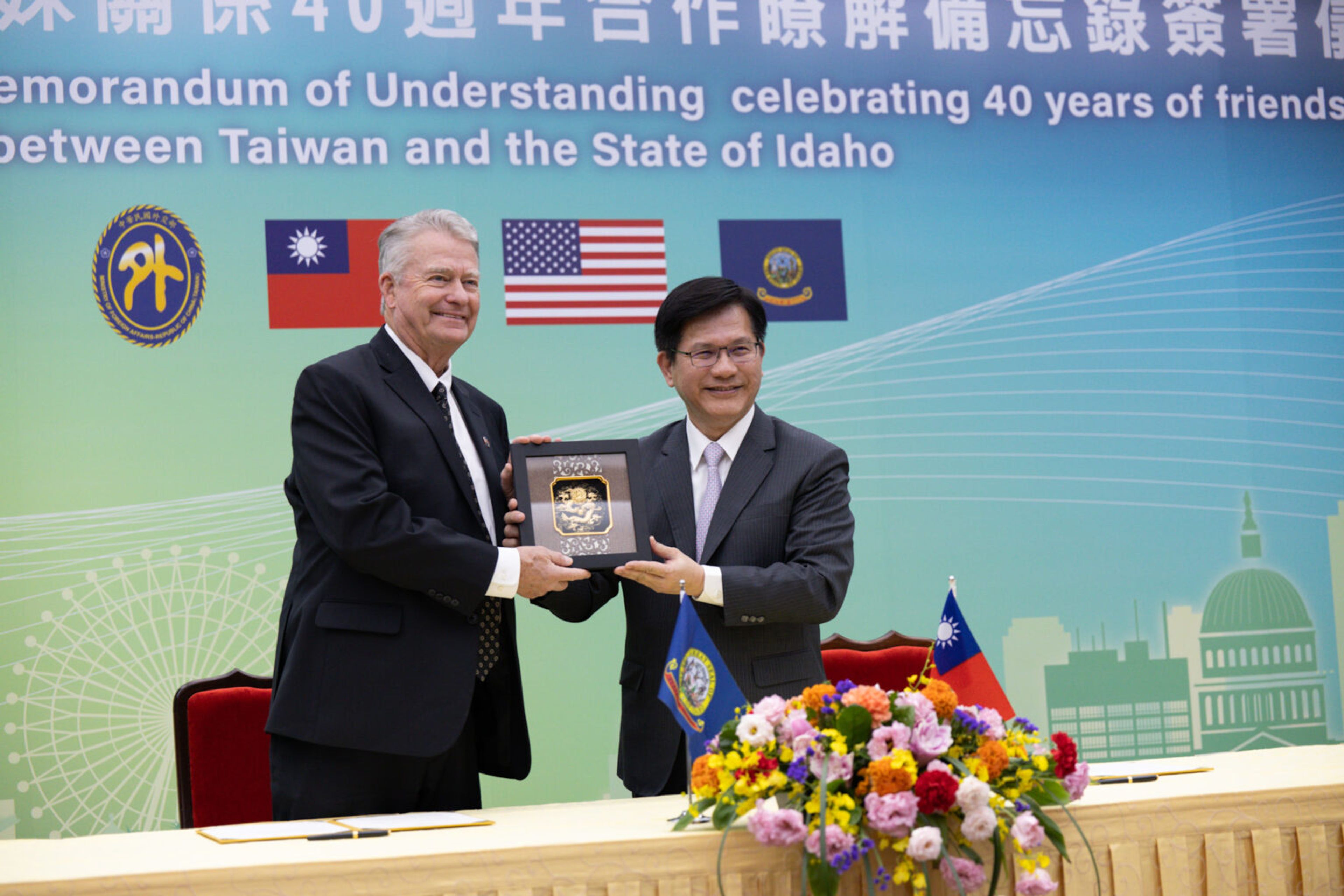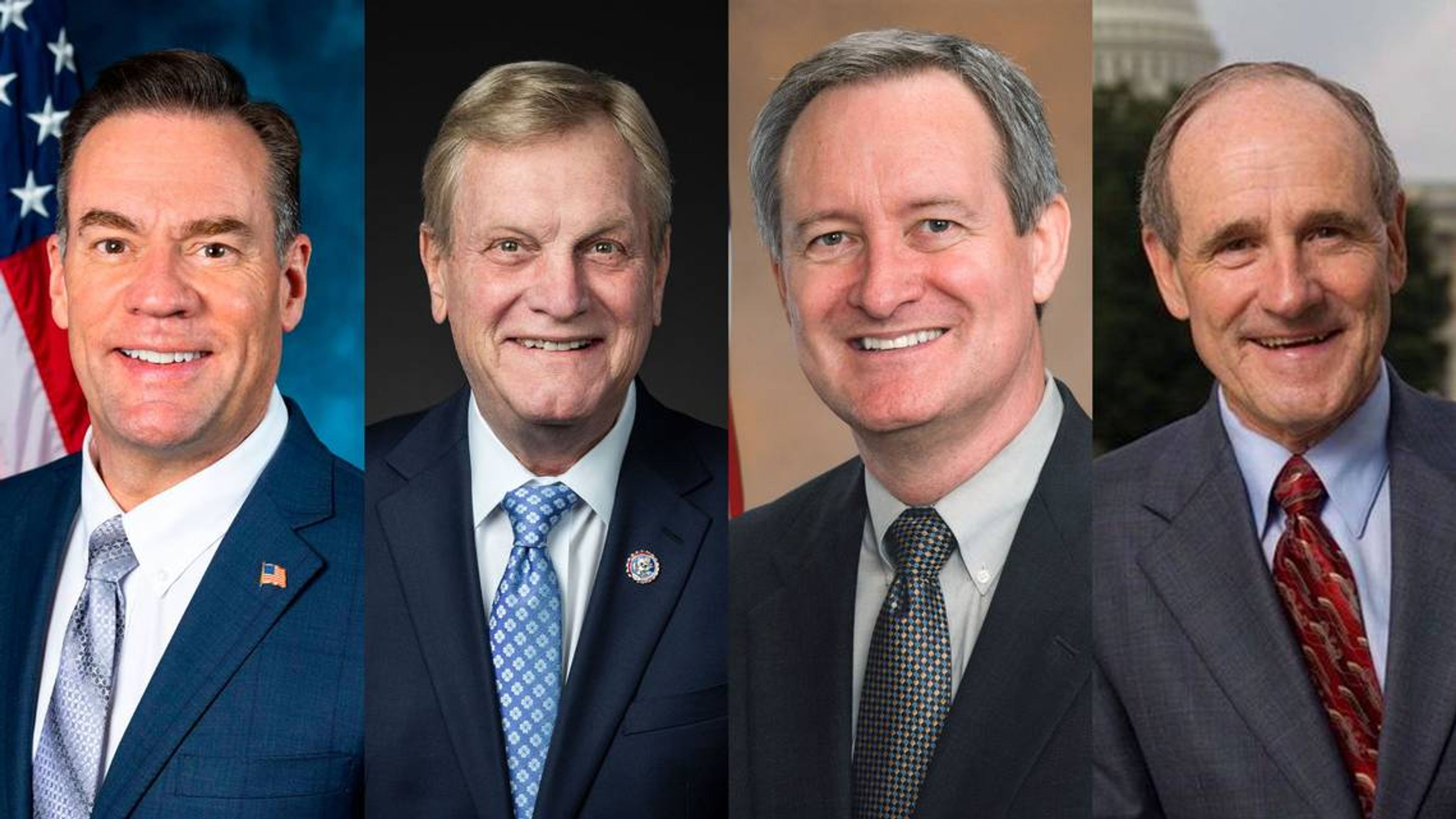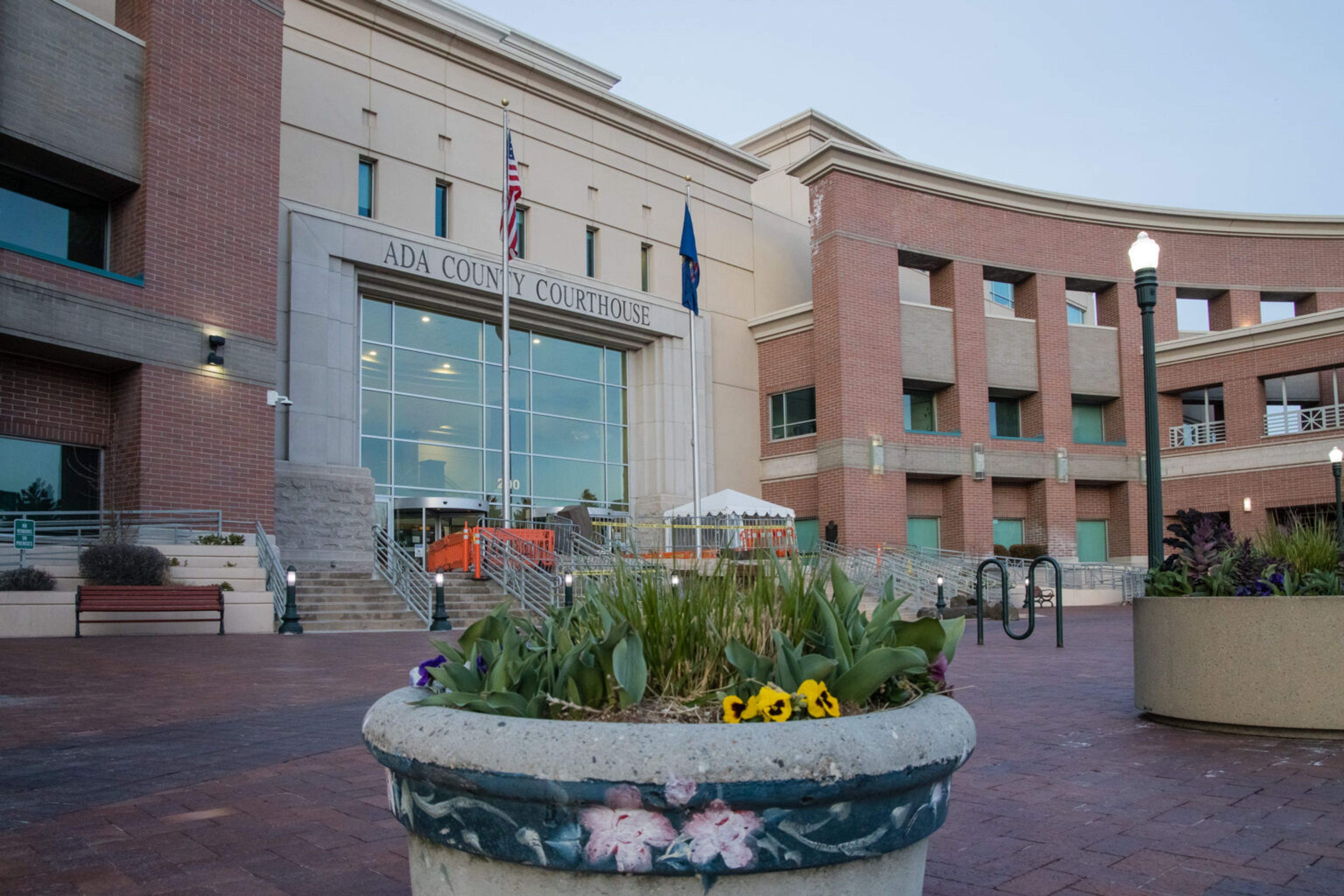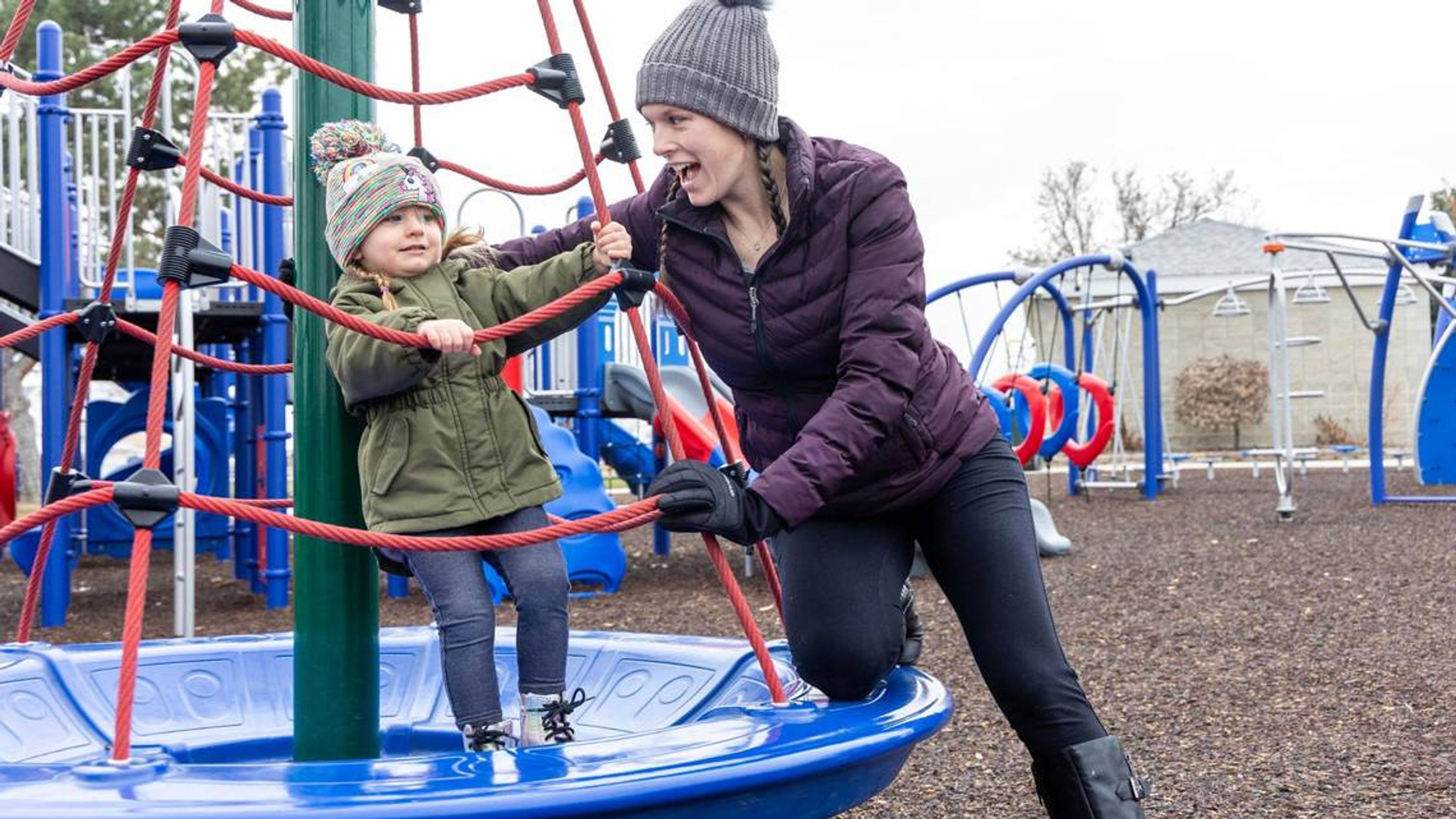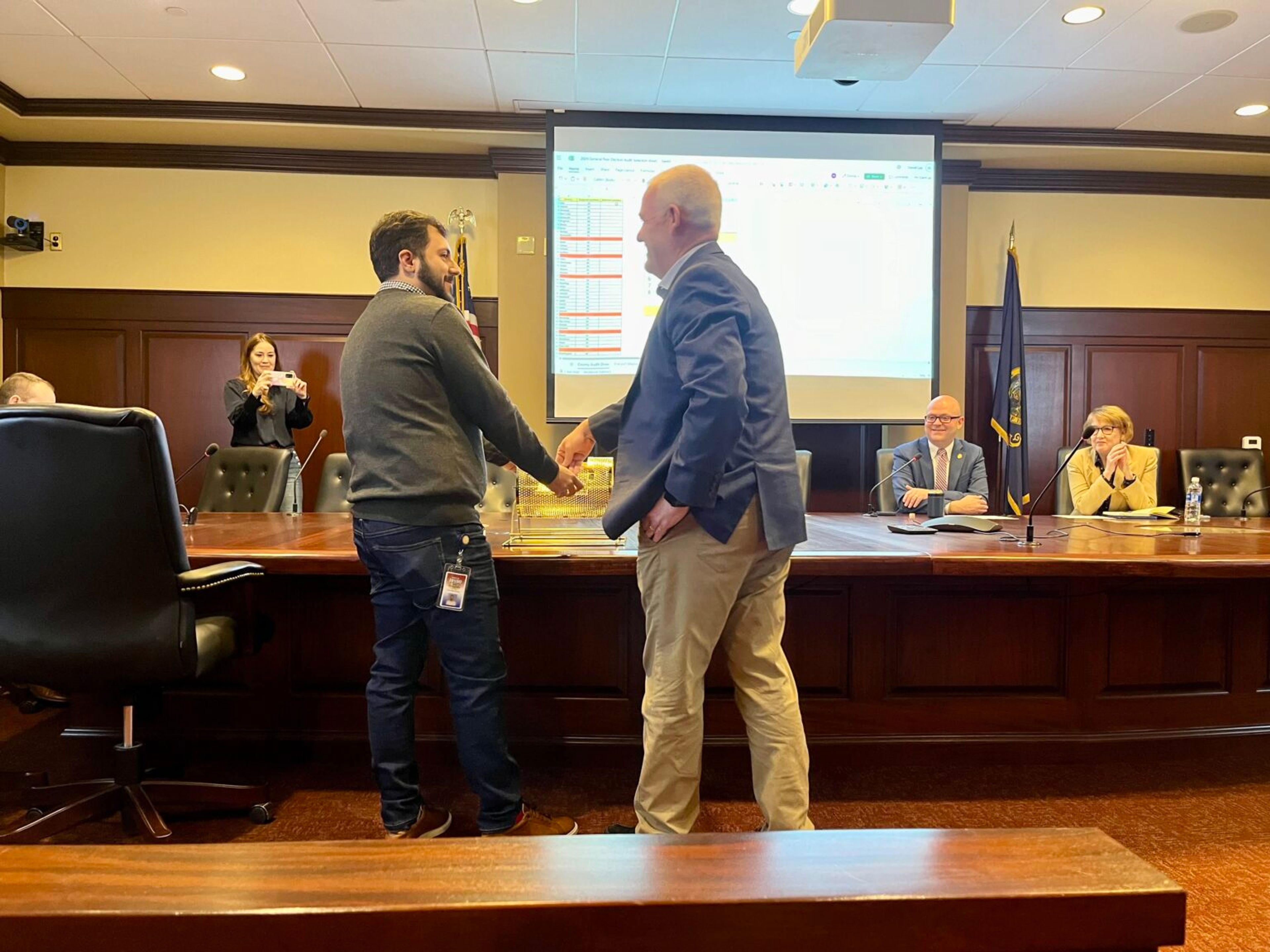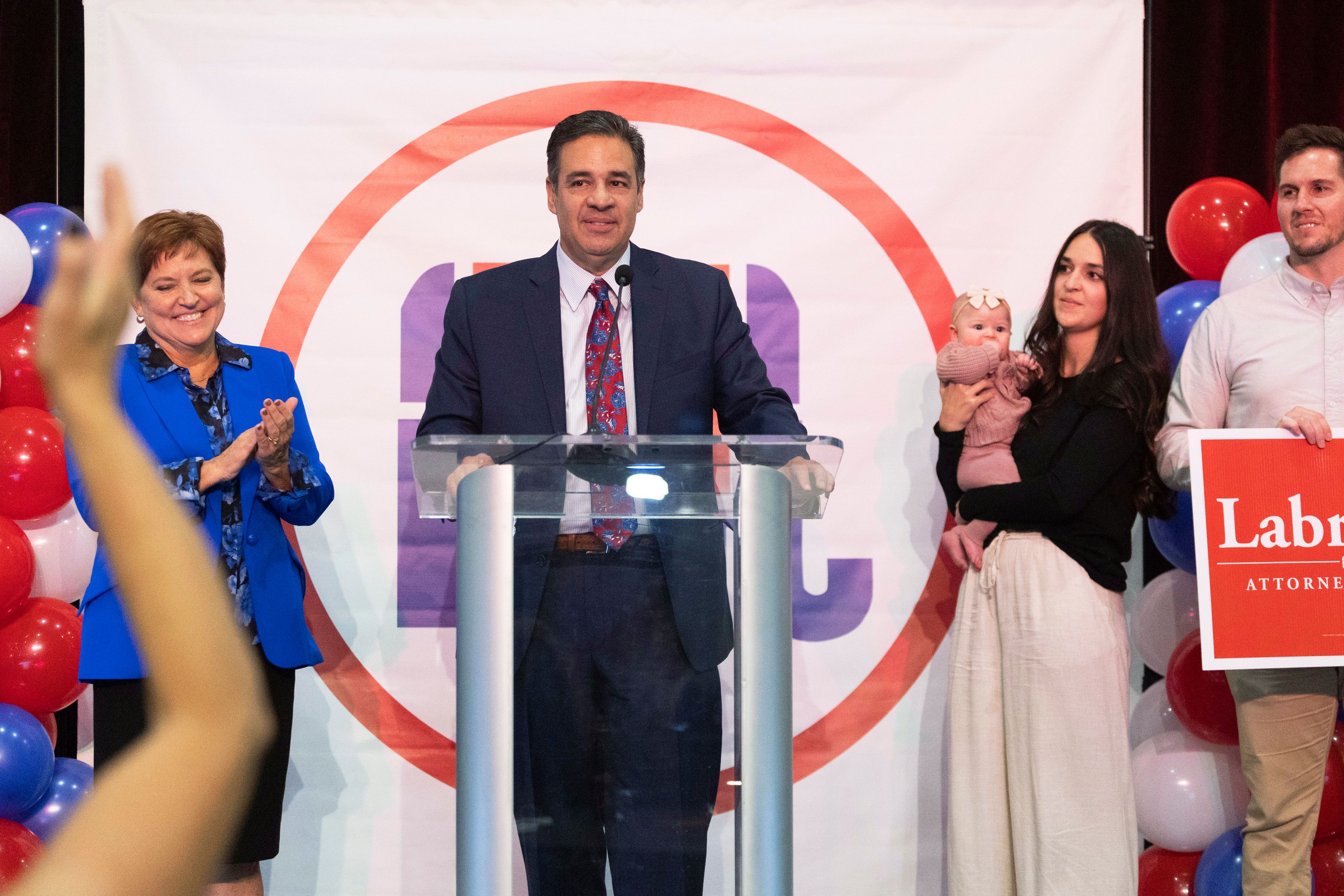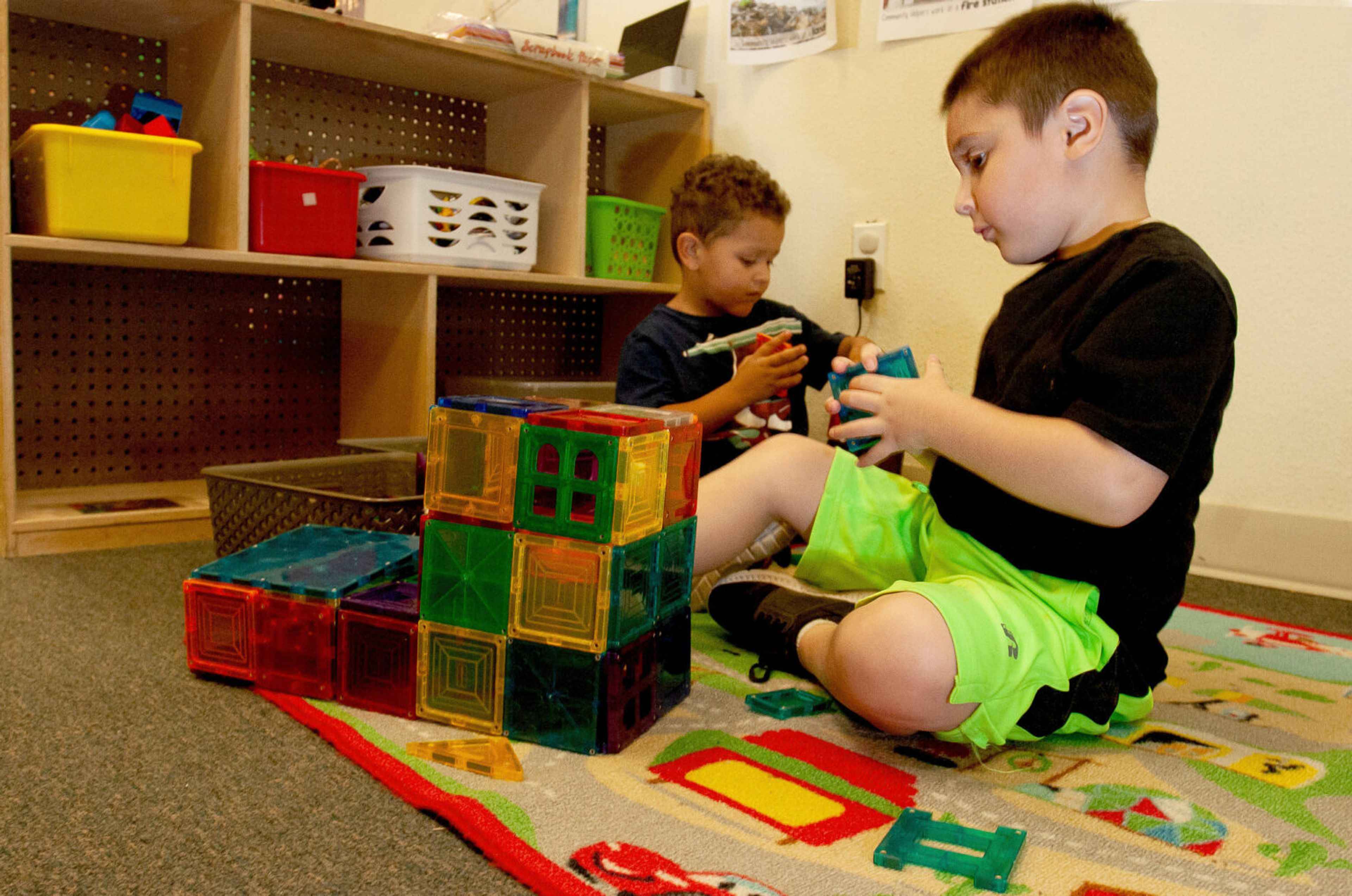Idaho property taxes working group begins its task
BOISE — The first meeting of the state legislative property tax working group is scheduled for Monday.
Republican lawmakers have voiced opposition to what they say is runaway city spending as one of the main reasons for rising property taxes.
“The only way you are ever going to get the problem solved is to prevent the locals from increasing their budgets,” state Rep. Mike Moyle said at a recent GOP town hall meeting. “Somehow you have to rein in these local governments. There are ways to do it, but it is going to cause the locals to have to give up a little of their taxing authority.”
But others point to the decision by the state in 2016 to cap the homeowners exemption at $100,000 as a major cause of rising property taxes, and a shift of burden to residential property taxes from commercial property taxes.
And many people point to the bonds and levies passed by voters to either build new schools because of growth or prop up their local school districts’ budgets becasue of lack of funding from the state.
The meeting will be in room EW41 of the Capitol. Sessions are scheduled to start at 9 a.m. and wrap up with committee discussion at 2:30 p.m.
Rep. Gary Collins, R-Nampa, is co-chairman of the working group with Sen. Kelly Anthon, R-Burley. The group is predominantly Republican, with Reps. Moyle, Robert Anderst and Rod Furniss and Sens. Dave Lent, Jim Woodward and Scott Grow. The two Democrats are Sen. Grant Burgoyne and Rep. Mat Erpelding.
Monday’s agenda includes a series of presentations from tax experts, including officials from the Idaho State Tax Commission, Legislative Services Office of Budget and Policy Analysis, and the Idaho Association of Counties.
A Boise State professor of economics also will speak.
One of the presenters, Kathlynn Ireland, property tax specialist with the Idaho State Tax Commission, said she plans to provide an overview of how property taxes work in Idaho.
She said that if the homeowners exemption had not been capped in 2016 at $100,000 and had continued to rise with inflation, it would be $135,850 today.
Ireland said that property taxes statewide are on average 1.2 percent of assessed value. Compared nationally, Idaho’s property tax burden ranks pretty low, coming in at 42nd in property tax paid per person, according to a study done by the Tax Commission in 2016. Idaho’s property tax burden per person is about 39 percent below the national average, according to the study.
Even relative to income, which is comparatively low in Idaho, property taxes came in at 38th in the nation, 25 percent below the national average.
Still, property taxes have been rising rapidly over the past few years, as much as doubling since 2012.
A look at property tax bills in Ada County illustrates the rise. One property in Boise had a tax bill of $2,055.28 in 2012, with an assessment of $189,500. That bill nearly doubled to $4,043.14 in 2018 on an assessment of $366,300. A property in Meridian shows a tax bill of $2,418.08 in 2012 on an assessment of $245,000. That bill rose to $3,212.62 in 2018 on an assessment of $407,600.
Those tax bills are made up of payments to several agencies, including the individual cities; the individual school district in which the property lies; the county; Ada County Highway District; College of Western Idaho; and other smaller districts and agencies, such as Emergency Medical Services, Mosquito Abatement, and recreation, library and cemetery districts.
In Boise, the city takes the lion’s share of the tax bill, about 43 percent of the total. The next-biggest piece of the pie belongs to the Boise School District, which takes about 31 percent. After that, Ada County collects about 18 percent, and ACHD takes about 6 percent of the tax bill.
In Meridian, the West Ada School District takes the biggest chunk, about 31 percent, while the city takes about 30 percent of the total, and Ada County takes about 24 percent.
Audio of Monday’s meeting will be livestreamed by Idaho Public Television at legislature.idaho.gov.
